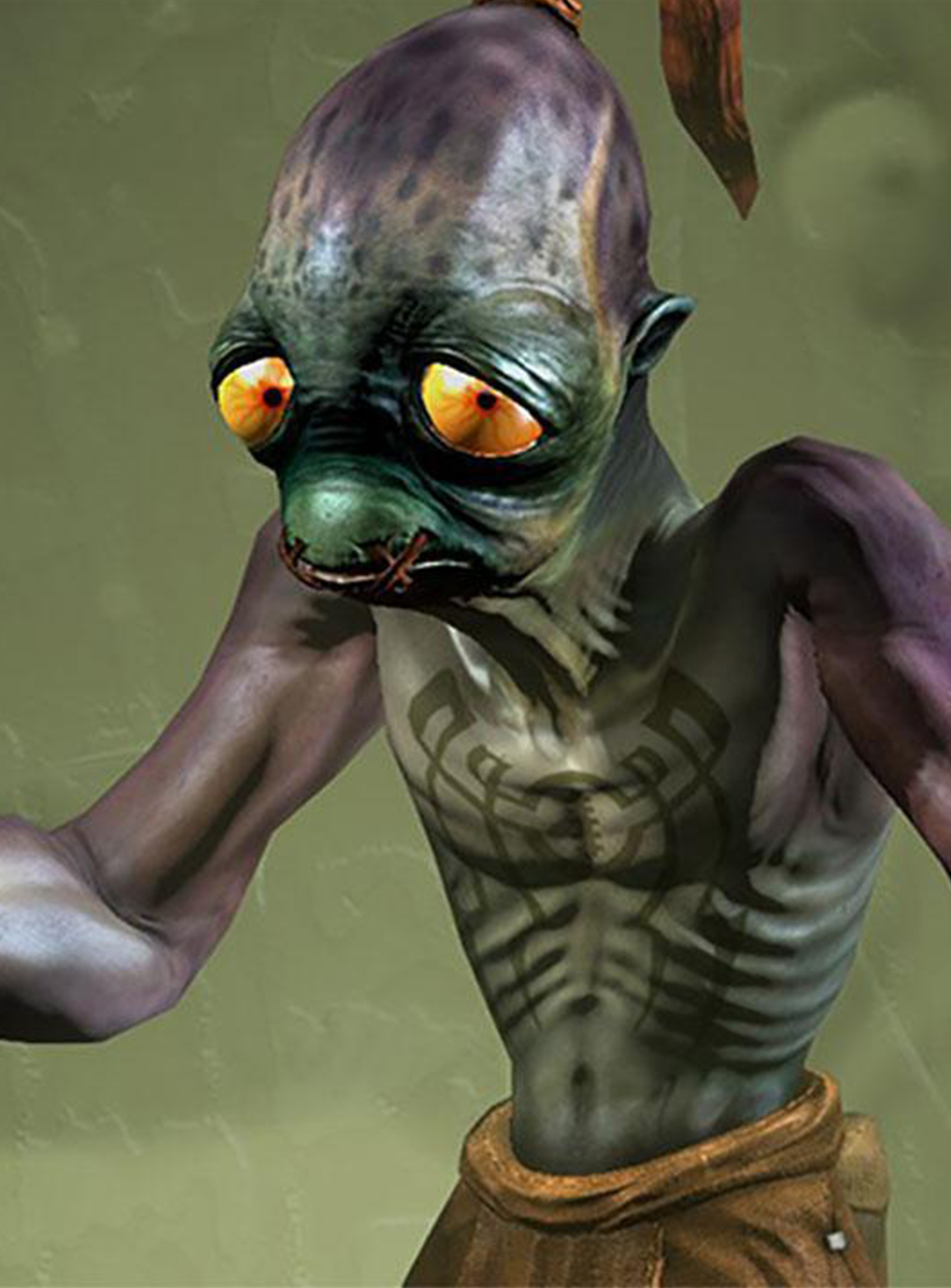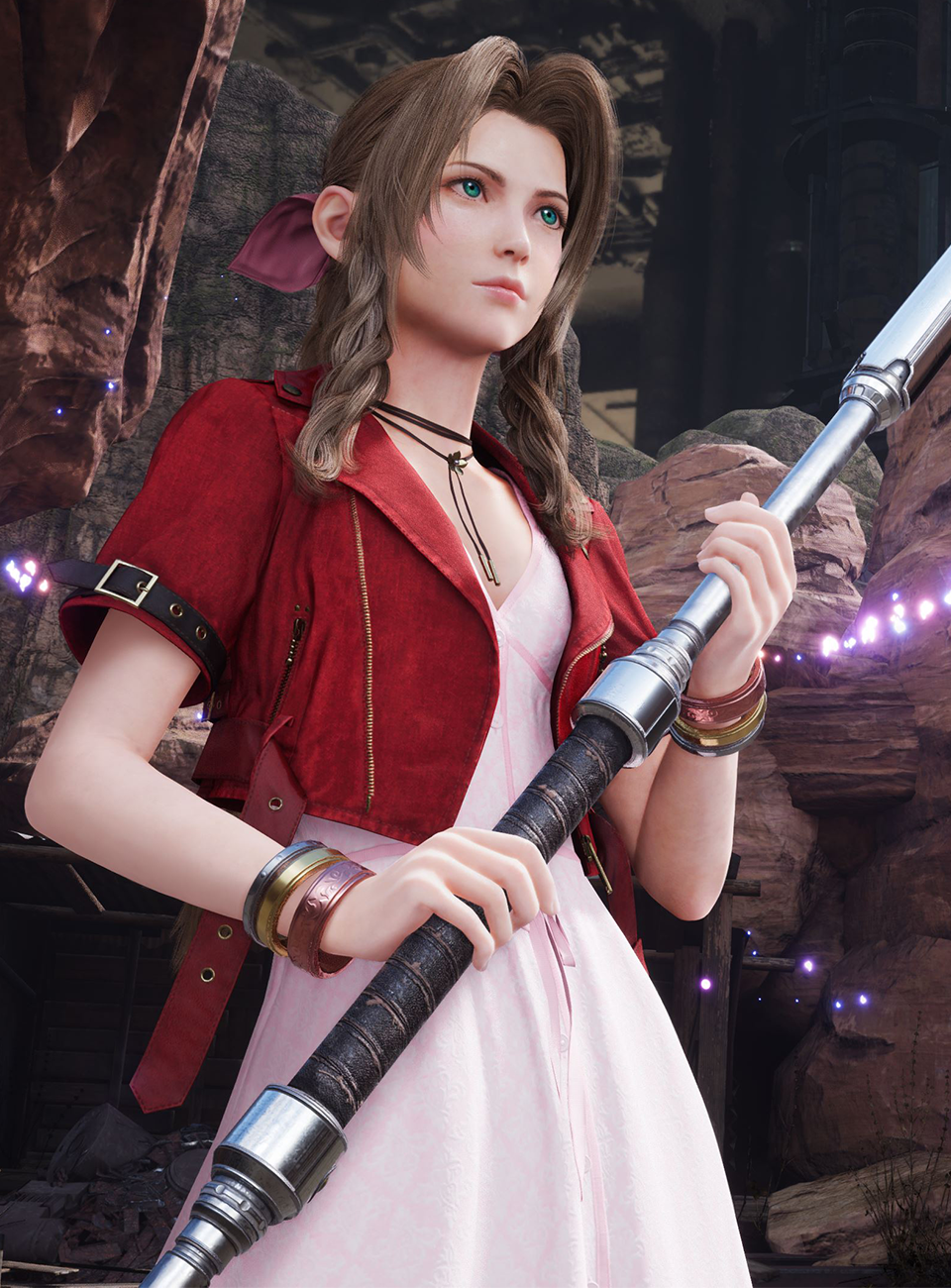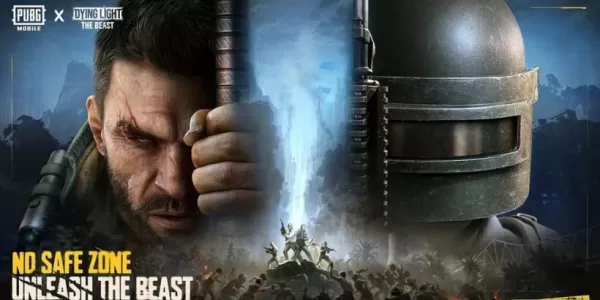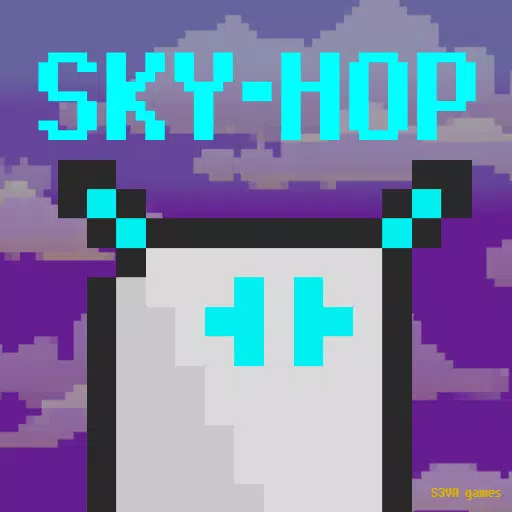Horizon series lead Aloy’s voice actor, Ashly Burch, has publicly responded to a leaked internal Sony video showcasing an AI-generated version of her iconic character. The footage, which has since been taken down, was originally reported by *The Verge* and features a conversation between Sony Interactive Entertainment software engineering director Sharwin Raghoebardajal and an AI-powered version of Aloy. While the demonstration appears rudimentary—complete with robotic speech and unnatural facial animation—it raises pressing concerns about the future of performance capture and artificial intelligence in game development.
In the demo, Aloy is voiced not by Burch, but by a synthetic voice reminiscent of standard text-to-speech engines. Her facial expressions lack nuance, appearing rigid and lifeless during the exchange. Despite this early-stage presentation, the implications are significant, prompting Burch to take to TikTok to clarify that neither her voice nor performance data was used in the creation of the AI model. Guerrilla Games, the studio behind the Horizon franchise, reportedly reached out to Burch to confirm that the technology shown is not currently in development for any upcoming projects—including the anticipated Horizon multiplayer title or a potential *Horizon 3*.
Who Would Win?

 New duel
New duel 1ST
1ST 2ND
2ND 3RDSee your ResultsFinish playing for your personal results or see the community’s!Continue playingSee results
3RDSee your ResultsFinish playing for your personal results or see the community’s!Continue playingSee results
Burch, who has provided both voice and performance capture for Aloy across all four *Horizon* titles (*Zero Dawn*, *Forbidden West*, *Call of the Mountain*, and *Lego Horizon Adventures*), expressed concern over the broader impact such AI demonstrations could have on the industry. She emphasized that while she does not oppose technological progress, she worries about the lack of protections for performers whose likenesses and voices may be replicated without consent or compensation.
“I feel worried not because the technology exists. Not even because game companies want to use it. Of course they do. They always want to use technological advancements. I just imagine a video like this coming out that does have someone’s performance attached to it, that does have someone’s voice or face or movement. And the possibility that if we lose this fight, that person would have no recourse.”
Burch also highlighted the ongoing SAG-AFTRA strike, noting that negotiations between voice actors and the video game industry remain at an impasse. Among the union’s core demands are clear consent protocols for AI usage, fair compensation, and full transparency regarding how AI replicas of performers are deployed in games.
She stressed that the issue isn’t about resisting innovation or targeting specific studios like Guerrilla. Rather, it's about ensuring that actors retain control over their creative contributions and personal identities within an increasingly AI-driven landscape.
To support this effort, Burch pointed out that several temporary union agreements—such as the interim, tiered, and low-budget contracts—are already available for studios to sign. These provide much-needed safeguards for voice actors working on games of all scales. “I believe we deserve to be protected,” she said firmly.
As generative AI continues to shape discussions across entertainment and tech, concerns over ethics, rights, and artistic integrity remain at the forefront. From failed AI-only game experiments at Keywords Studios to Activision’s recent disclosure of AI asset usage in *Call of Duty: Black Ops 6*, the debate around AI’s role in creative fields is far from settled.
Meanwhile, the ongoing voice actor strike has begun affecting live content updates and new releases. Players have noticed missing voice lines in titles like *Destiny 2* and *World of Warcraft*, while other studios have opted to recast roles entirely. In some cases, such as with *Zenless Zone Zero*, voice actors only learned of their replacement after reviewing patch notes.
Even PlayStation executives have acknowledged AI’s growing relevance to next-gen gaming. Asad Qizilbash, head of PlayStation Studios product and PlayStation Productions, recently commented that Gen Z and Gen Alpha players seek personalized experiences, something he believes AI can help deliver through more dynamic NPC interactions.
“For instance, non-player characters in games could interact with players based on their actions, making it feel more personal. This is important for the younger Gen Z and Gen Alpha audiences, who are the first generations that grew up digitally and are looking for personalization across everything, as well as looking for experiences to have more meaning.”
As the industry navigates these complex changes, one thing remains clear: the balance between innovation and performer rights must be addressed before AI becomes deeply embedded into the fabric of game development.
















